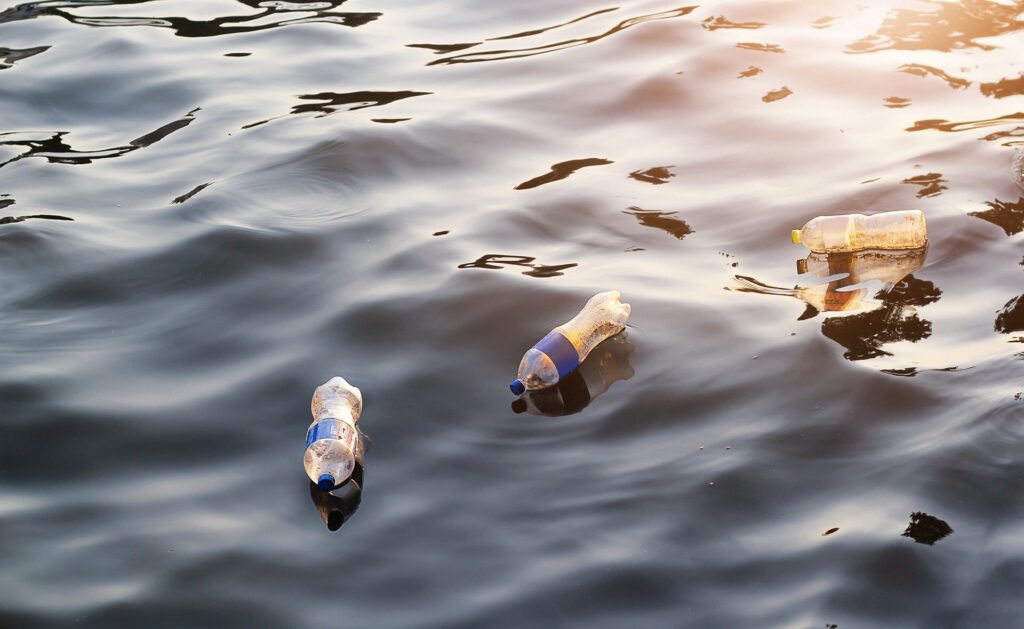Whenever we go into a supermarket, we think about what we are going to buy and cook; fresh, packaged, non-perishable products… But do we ever stop to think about the amount of plastic that food carries? Almost everything we see in a supermarket is packaged in polyethylene terephthalate, a type of transparent and resistant plastic that takes around 150 years to decompose. Even though many agreements have been signed, the use of these plastics on biodegradable packaging is still notorious, and 200 million tons are used per year in this sector alone. Still, is there an alternative? In Spain, each supermarket has a special way of dealing with this, and we are going to analyse this eco-programs.
First things first. Are businesses willing to give up plastic for more ecological solutions? The most common answer is yes, but generally, they ask for time. Accepting the change is one thing, dealing with it is another. In terms of money, productions and sells, it is in fact a great investment, but in order to reap the benefits, businesses have to be patient.
To start with, we are going to talk about the use of plastics in large supermarket chains. In our village, Villanueva del Pardillo, there is a large supermarket, Mercadona. This supermarket belonging to the largest chain in Spain opened its doors for the first time on November 27, 2015, and since then it has supported many people both in this town and abroad. Currently, Mercadona is carrying out many projects with the same goal: to reduce single-use plastics and create a more environmental system. We are going to comment on some of their projects.
The main thing is to say that they are committed to energy efficiency in all their processes, and the measures they take in matters as important as logistics are always thought from a saving point of view. In addition, they have led to an investment of 140 million euros for «new, more energetic and efficient stores”.
It all sounds great, but what about plastics? Well, it is not surprising to say that they also had this in mind, and Mercadona has committed to reduce the use of single-use plastics to 0. A wise decision for the environment.
Small business, on the other hand, is another world. Supermarkets have large amounts of money and resources to make decisions such as ending the use of non-recyclable plastics. What steps are these sellers taking?
Well, we have been able to speak with small merchants in our town, butchers and fishmongers, and they tell us about their experiences with plastics. These types of small stores, obviously, cannot generate as much pollution as other larger establishments, but it is true that each one contributes its grain of sand when it comes to changing the environment for the better. Some of them have stopped using plastics to wrap fresh products, while others are opting for recyclable materials. For them, the change to green sustainability is not something ordinary, but a great effort, and it is worthy of applause that these businesses decide to make the change.

happens when we don’t recycle
As we have seen, both small and large businesses take measures to improve the state of the planet, and reducing the use of plastics is an act that, for the good of all, they are willing to carry out. Still, is it only they who can help? With COVID-19, a practice that benefits the environment has become popular in many places. This consists on each one taking their recyclable bags to the places where they go to buy, so as not to need other people’s bags to transport the purchase. Sounds simple, right? An action as easy as this, if we all do it, can truly make a difference, and we support anyone who does not act only for their own good, but for the good of the world, which is good for everyone.
Bibliography:
https://es.greenpeace.org/es/trabajamos-en/consumismo/plasticos/
Made by Álvaro Leonardo, Gonzalo Fernández, Pablo Pierrad and Fernando Izquierdo.


